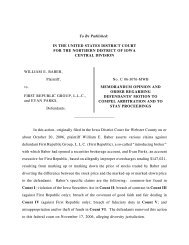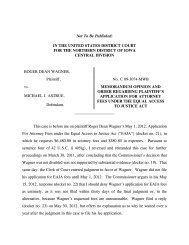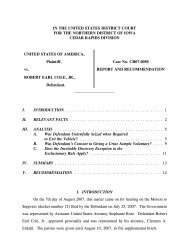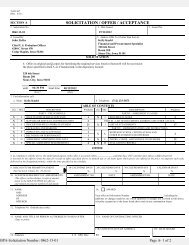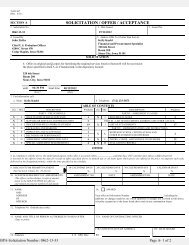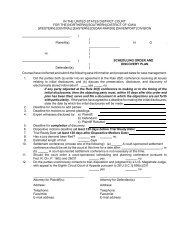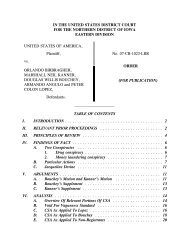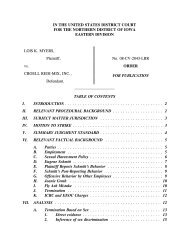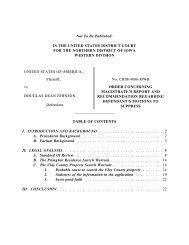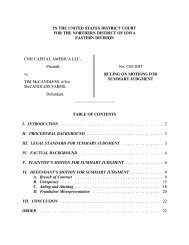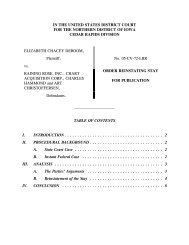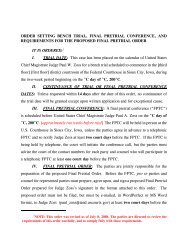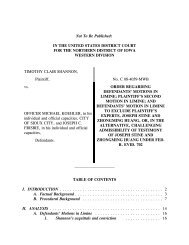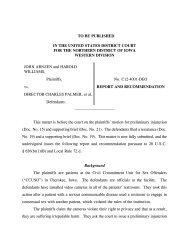Galm v. Eaton Corporation - Northern District of Iowa
Galm v. Eaton Corporation - Northern District of Iowa
Galm v. Eaton Corporation - Northern District of Iowa
You also want an ePaper? Increase the reach of your titles
YUMPU automatically turns print PDFs into web optimized ePapers that Google loves.
c. The deferential review applicable here<br />
Because the “reasonableness” <strong>of</strong> <strong>Eaton</strong>’s decision to find <strong>Galm</strong> ineligible for secondtier<br />
long-term disability benefits in this case is contested only on the basis <strong>of</strong> the<br />
“reasonableness” <strong>of</strong> <strong>Eaton</strong>’s evaluation <strong>of</strong> the facts to determine whether <strong>Galm</strong> continued<br />
to meet the Plan’s definition <strong>of</strong> disabled, i.e. whether she was disabled from engaging in<br />
“any occupation”, the court must conduct a “substantial evidence” analysis <strong>of</strong> <strong>Eaton</strong>’s<br />
factual finding that <strong>Galm</strong> was not disabled. However, before performing this “ordinary”<br />
deferential review, see Heaser, 247 F.3d at 833, the court must also take up <strong>Galm</strong>’s<br />
contention that “less deferential” review is appropriate in this case.<br />
2. “Less deferential” review<br />
a. When “less deferential” review is appropriate<br />
Although courts must “ordinarily review the administrator’s decision for abuse <strong>of</strong><br />
discretion,” see Heaser, 247 F.3d at 833, as the Eighth Circuit Court <strong>of</strong> Appeals also<br />
explained in Heaser, an administrator’s denial <strong>of</strong> benefits is not always entitled to that sort<br />
<strong>of</strong> “deferential” review:<br />
A plaintiff may obtain less deferential review by presenting<br />
“material, probative evidence demonstrating that (1) a palpable<br />
conflict <strong>of</strong> interest or a serious procedural irregularity existed,<br />
which (2) caused a serious breach <strong>of</strong> the plan administrator’s<br />
fiduciary duty to her.” Woo, 144 F.3d at 1160. An alleged<br />
conflict or procedural irregularity must have some connection<br />
to the substantive decision reached. Id. at 1161. A claimant<br />
must <strong>of</strong>fer evidence that “gives rise to serious doubts as to<br />
whether the result reached was the product <strong>of</strong> an arbitrary<br />
decision or the plan administrator’s whim” for us to apply the<br />
less deferential standard. Layes, 132 F.3d at 1250 (internal<br />
quotation marks omitted).<br />
Heaser, 247 F.3d at 833; accord Parkman v. Prudential Ins. Co., 439 F.3d 767, 772 n.5<br />
19



